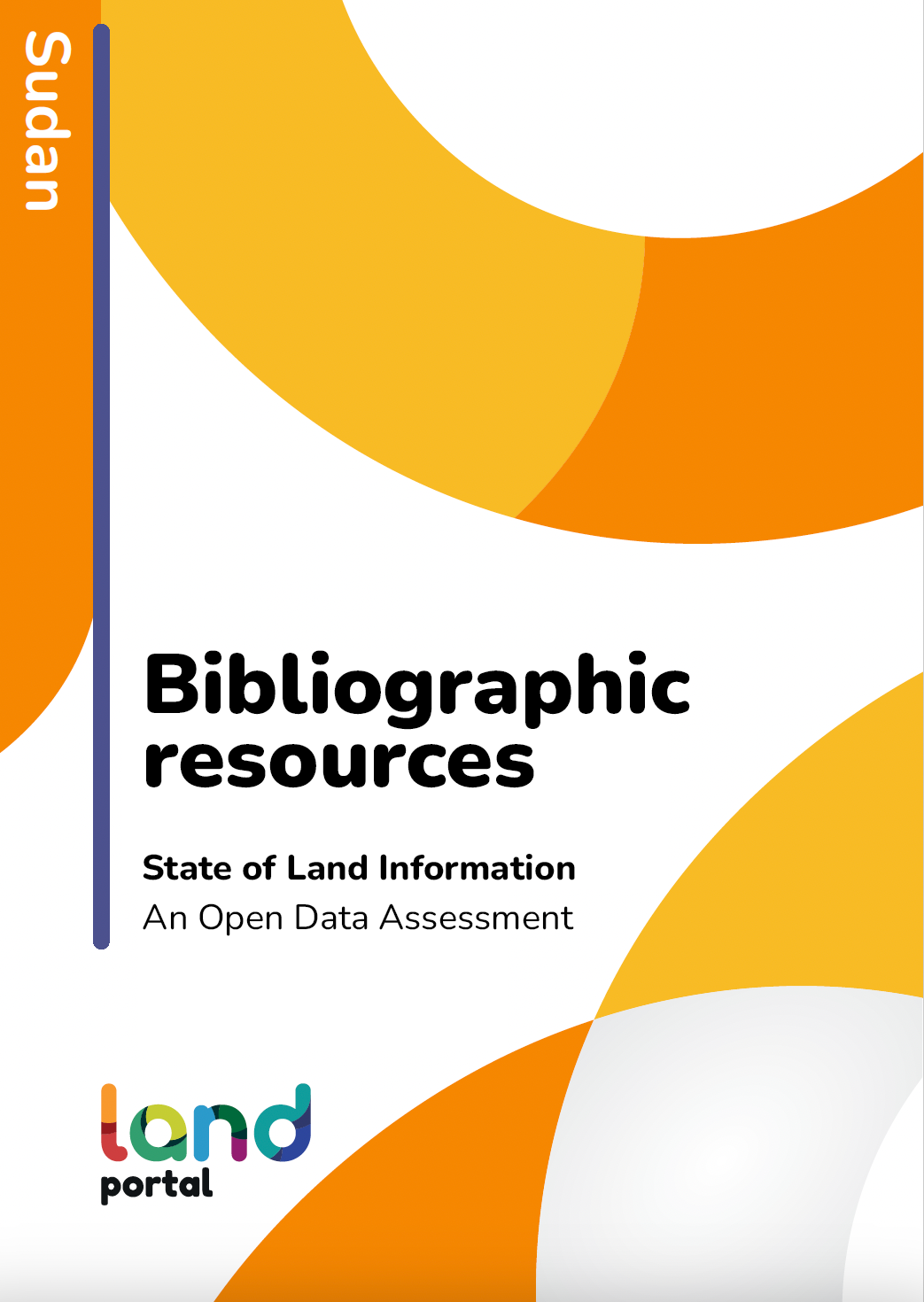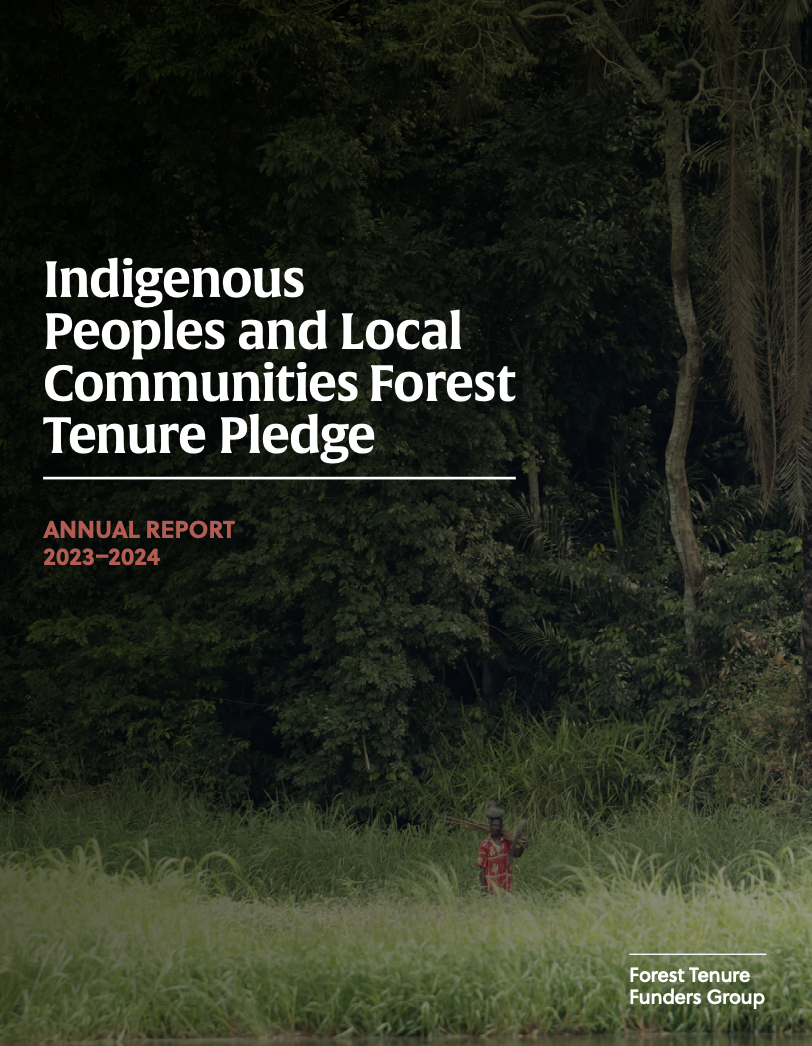Moving towards a palm oil value chain that contributes to the conservation of forests and a reduction in greenhouse gas emissions
The report "Towards an oil palm chain that contributes to the conservation of forests and the reduction of greenhouse gas emissions: Current status, opportunities with a value chain approach and action plan" presents an input for the development of an environmentally sustainable oil palm chain in the Ucayali region.




